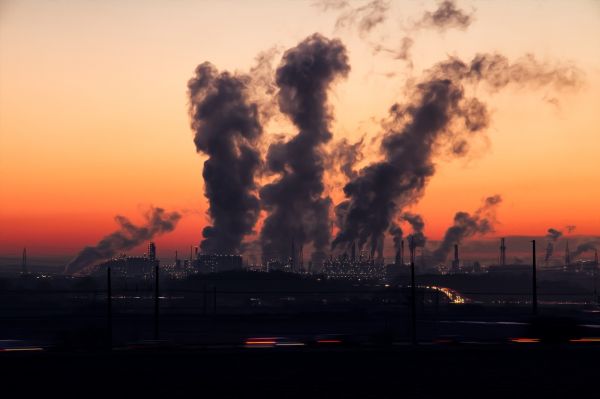संपादक की पसंद

BY SUNITA NARAIN
Have we learnt the lessons on the impact of burning fossil fuels yet?
Climate change is the result of our demand for energy, we know. Emissions from the burning of fossil fuels, coal, oil and natural gas, are the reason the world is today on the edge of a precipice. The 2022 report of the Intergovernmental Panel on Climate Change (IPCC) reiterates that the impacts of a warming planet will be catastrophic.
The fact is, not just our world but even the energy market is on a boil — fuel prices skyrocketed even before the Russia-Ukraine war broke out. The question is if this hike in prices will accelerate the move to a greener, cleaner energy future? Or will the governments backtrack and re-invest in the still-reliable fossil fuel energy system? In other words, will this price turbulence give the energy business of the past a new lease of life?
Europe, and Germany in particular, is at the centre of this conundrum. It has invested in renewable energy, but has also relied on the import of natural gas — a cleaner-than-coal fossil fuel — to meet its electricity needs. Roughly 40 per cent of this natural gas comes from Russia. Now the war has jeopardised this supply.
Germany has stopped certification of the already built Nord Stream 2 gas pipeline, which would have transported gas under the Baltic Sea from Russia. It is walking a tightrope on its existing gas contracts from Russia.
German chancellor Olaf Scholz issued a statement on March 7, saying that his country and Europe as a whole were dependent on Russia to meet energy needs for heating, mobility and electricity, and so they could not sever these ties in the short term.
But it is also a fact that Europe is under pressure from Ukraine and the United States to do more. On the same day, US Secretary of State Antony Blinken said his country was looking to coordinate with European allies on the possibility of banning the import of oil from Russia. This not only spooked the markets, spiking oil prices to over $139 (more than Rs 10,000) a barrel (nearly 159 litres), but is also an indication of things to come as the war escalates.
So now, energy security is at the core of policy — as much as, if not more than, climate change. Germany has decided to invest in building two liquefied natural gas (LNG) terminals so that it can diversify its supply. In this process, Europe has become the new destination for US natural gas companies.
On the other hand, Europe is looking at its investment in renewables — wind and solar — as the “energy of freedom”, giving this clean source an added emphasis. The question is if this disruption in the oil markets will derail the move towards energy transition or speed it up?
It is the same in the United Kingdom, which has set itself up as a climate leader with aggressive reduction targets. But now, ironically, its Committee on Climate Change has cleared the decks to expand oil and gas extraction in the North Sea.
The UK is not as dependent on Russia for its energy supply, but its household energy prices are set to double in April. Its energy regulator has lifted the price cap, which on the back of increased oil and gas prices, will add to the household bills.
So, the UK is worried about the energy poverty of its people and the anger it will lead to. Therefore, at this moment, the government, which preached that developing world should shun coal because of climate change, has decided to re-invest in its own fossil fuel industry. Will efforts to combat climate change then become a casualty of this energy war?
Oil and gas prices have been seeing a high partly because of the two years of COVID-19, when the world saw degrowth like never before. As a result, demand for energy fell; there was under-investment; and new capacity was not added. But then, as the lockdowns were lifted and countries returned to business as usual, energy demand soared. And this led to price hikes.
The war has just added fuel to this fire. But what it has done is build a convenient narrative that the energy transition — pushed as it is because of the urgency to combat climate change — was unplanned and unfeasible; that it has led to large-scale disruptions and will not work. Instead, what is needed is to plan for a transition that it is pragmatic and balanced. This, then, is the logic for the resurgence of the conventional energy business.
There is a difference, of course. This argument is combined with new language of the need to abate emissions from fossil fuels, including the need to invest in methane reduction; carbon capture technologies so that the emissions from refineries can be pumped back into the ground; and in hydrogen as the next-generation fuel.
In this way, the current energy crisis could lead us back to the fossil fuel business, which has been indicted for years for adding emissions to the atmosphere and for jeopardising life on earth as we know it. It seems that we have not learnt the lessons on the impact of burning fossil fuels as yet. And this, at a time when the world is running out of time and carbon space, is indeed something that should worry us enormously.









.jpg)
.jpg)


.jpg)




